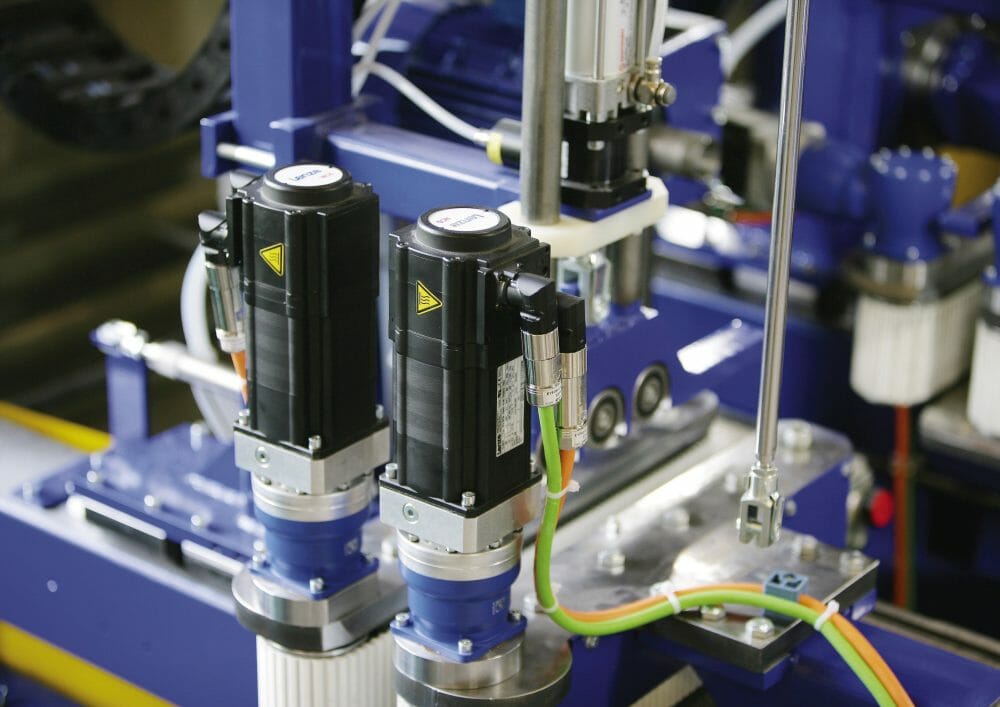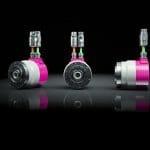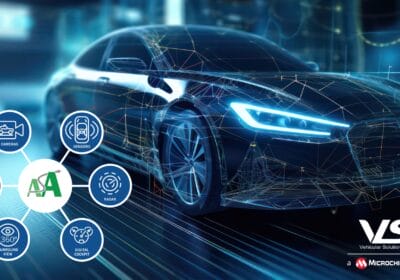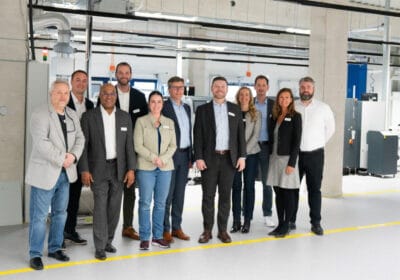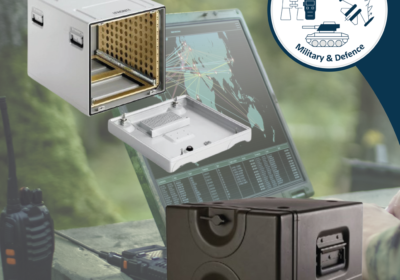Intelligent machines are the foundation of smart factories. But incorporating the right technology into intelligent machine designs creates new challenges for machine builders. Mark Turner, Applications Manager at Lenze, reveals how to get it right.
For machine builders, the concepts of Industry 4.0 are not exactly new. At the component level, many of the key enabling technologies for Industry 4.0’s ‘cyber-physical systems’ are exactly the ones companies are using already. However, Industry 4.0 does have some very important implications for machine builders.
Manufacturers are adopting Industry 4.0 strategies at the boardroom level, pushing decisions about technology choices and investments up the corporate agenda and creating opportunities for builders to demonstrate the value of smarter solutions. Rising levels of automation associated with Industry 4.0 implementations means that machine builders will have more equipment to monitor and control, while ensuring compliance with customer-specific standards related to managing and communicating the resulting high volume data streams. Manufacturers will also want more from their machines, particularly higher levels of performance, reliability and availability. And they’ll want different services too.
To meet these changing requirements, machine builders need to make the right decisions about the technological building blocks of their products. Industry 4.0 will place increasing demands on machine communication networks, for example, requiring them to handle more data types and larger data volumes while retaining the deterministic performance essential for safety and reliability. Customers’ preferred network standards must also be easily accommodated.
Choosing the most capable components for an application doesn’t mean taking the most complex and costly options. For example, servo drives may be the first choice for high speed motion applications, but the availability of 120Hz motors that deliver higher speeds, and drives with sophisticated built-in control capabilities now provide an alternative at significantly lower cost.
Beyond the capabilities of their chosen components, machine builders also need to consider the tools and support available to develop smart machine applications. And while customers demand more complex functionality, they will still require fast delivery and affordability. The right development environment is therefore critical to achieving this.
Lenze’s FAST application software toolbox, for example, can speed up control software development using modules with embedded functions that cover a wide range of common machine applications, from feeding, unwinding and sealing on packaging lines to complete robot control. These modules are autonomous and can be exchanged and tested completely independently, making engineering quick, easy and reliable. Indeed, FAST has been shown to eliminate up to 80 percent of the work required to develop machine control applications from scratch.
Access to properly tested and proven off-the-shelf software technologies can also dramatically simplify another key Industry 4.0 requirement – the secure transfer of machine data to the cloud®.
Machine information can now be shared across wider networks without risk of compromise or misuse – enabling seamless integration with customer systems. This helps machine builders offer a range of added-value services like remote support and monitoring or predictive maintenance, which are essential elements of a fully integrated Industry 4.0 implementation.
Learn more at www.lenze.com.

